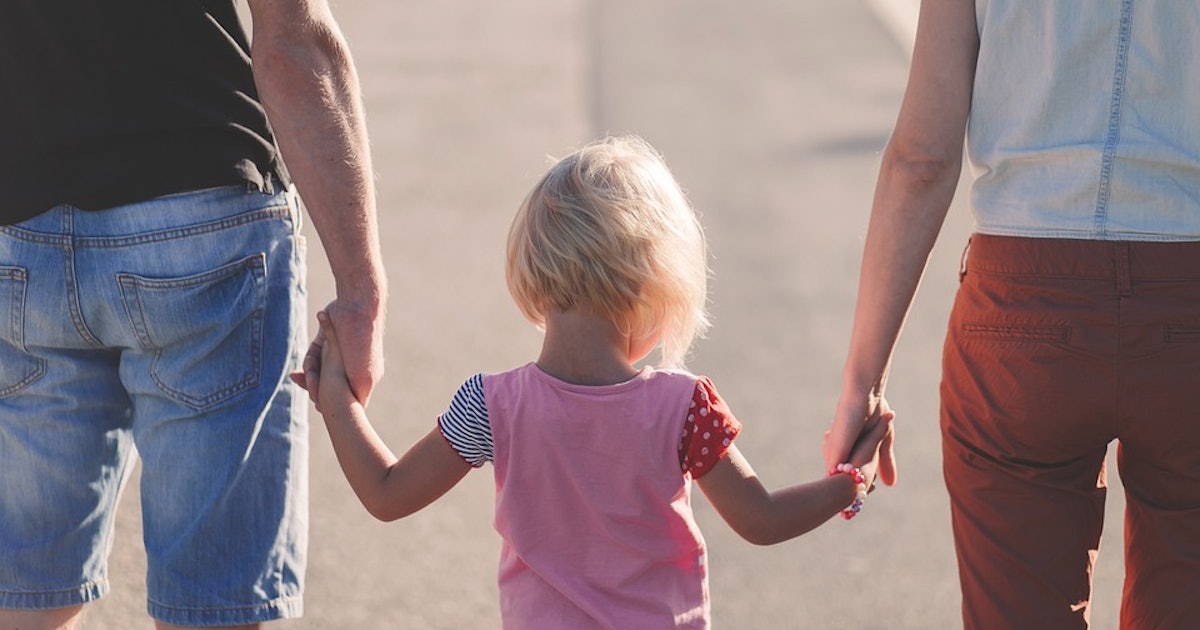
Pregnancy is one of those milestones in a woman’s life with which comes not just the happiness surrounding motherhood but also the responsibility of being able to nurture another life altogether. Neither is the decision easy nor is the journey. Out of the myriad questions that bother women, one of the most daunting one is, “What is the right age to have a child?” I might not give a one-word straightforward answer to this question. However, go ahead and read the ayes and nays of having a child right from your teens to your fifties to decide the answer for yourself.
Teenage Pregnancy
Most of the teenage pregnancies are unplanned and happen by accident. The significant health risks that teenage pregnancies lead to are pregnancy-related blood pressure in mothers-to-be and premature birth and low weight at birth in the children . While that was the health concern, what’s worse is the financial haphazardness that affects both the mother and the child. As obvious as it seems, pregnancy under 20 (okay, 18 precisely) is not something anyone should be even thinking of.
In Your 20s…
In terms of fertility, your body is at its fertile best when you are in your 20s. However, whether you are settled enough financially and relationship-wise is something you and your partner should figure out. Also, the body’s ability to recoup from all that happens during pregnancy is much efficient than later in life. If you plan on having two or more kids, again, starting as early as in your 20s is a better idea. From a physical perspective, you are active and stronger in your 20s, which makes the childbearing process less cumbersome for you. Issues like diabetes, hypertension, and cardiac disorders, which might cause complications in pregnancies, are less likely to occur in your 20s. Plus, you get to grow with your kids and their kids while you still aren’t that old!
And In The 30s?
Many consider the 30s to be ideal for conceiving owing to the fact that you are financially and mentally more settled at this time. Pregnancy in the early 30s is still not a problem. But the idea of conceiving after 35 requires you to understand that your fertility is rapidly declining as you age, more so after 35 . Women in their late 30s continue to menstruate every month and also ovulate most of the times. However, the eggs that are released might not necessarily be of good quality, and the chances of getting pregnant with that kind of quality of eggs is difficult. Socioeconomic and psychological factors are as important to consider as fertility, but strictly in the biological sense, it is fertility that matters first when you are planning to have kids. Consider this if you are already in your 30s and are planning a family.
How About The 40s?
In today’s era, pregnancy in the 40s is quite common. This delay in the maternal age might not cause serious obstetrical repercussions, provided your existing lifestyle-related problems are taken care of . Gestational diabetes and hypertension are the two significant problems that might cause hiccups during your pregnancy. However, if you can correct these problems with dietary and lifestyle changes, pregnancy in the 40s is not as alarming as it is portrayed by the elders.